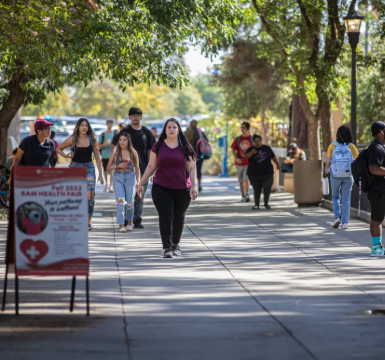Community colleges are an excellent option for many students seeking flexible, affordable, and accessible higher education.
Whether you’re aiming to earn an associate degree, transfer to a four-year institution, or gain practical skills for the workforce, understanding the admissions process can help you take the next step confidently.
Open Admissions Policy Most community colleges have an open admissions policy, which means they accept all students who have completed high school or earned a GED.
This inclusive approach allows more people to pursue their educational goals, regardless of past academic performance. Application Process Applying to a community college is usually straightforward. Here’s a general overview:
- Submit an application: Most colleges offer online applications that can be completed in under an hour.
- Provide transcripts: High school transcripts or proof of GED are typically required.
- Take placement tests: Some colleges use placement tests to assess math and English skills. Alternatively, SAT/ACT scores or high school GPA may be used.
- Meet with an advisor: After acceptance, you’ll likely meet with an academic advisor to discuss course selection and educational goals.
Important Deadlines While community colleges often offer rolling admissions, it’s still important to apply early to secure your preferred class schedule, financial aid, and orientation dates. Check your chosen college’s website for exact deadlines. Financial Aid and Scholarships Community college students are eligible for many forms of financial aid, including federal grants, state aid, and scholarships. Complete the Free Application for Federal Student Aid (FAFSA) to determine eligibility and explore local scholarship opportunities offered by the college or community organizations. Transfer Opportunities Many community colleges have articulation agreements with four-year institutions, allowing students to transfer credits smoothly. If your goal is to pursue a bachelor’s degree, talk to your advisor about transfer pathways and which courses are most beneficial. Support Services Community colleges often provide robust support services such as tutoring, career counseling, and academic workshops. These resources can make a big difference in your college success. Conclusion Community college admissions are designed to be accessible and supportive. With open enrollment policies, financial aid options, and clear transfer pathways, these institutions offer a valuable route to higher education for students from all walks of life.






